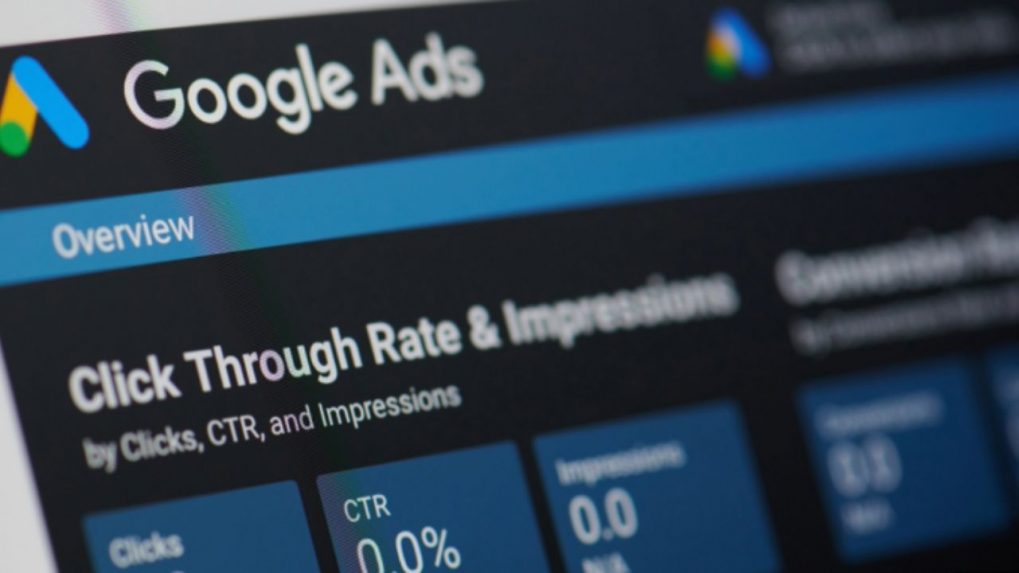Google faces new antitrust battle over advertising tech monopoly
Google disputes the claims of excessive fees and argues that its integrated technology ensures faster ad delivery and improved security.
ADVERTISEMENT
One month after a judge declared Google’s search engine an illegal monopoly, the tech giant is facing another antitrust lawsuit, this time focused on its advertising technology. This latest lawsuit, filed by the Joe Biden administration, has the potential to reshape the global Adtech industry.
In court, the Department of Justice, joined by several states, argued that Google has built and maintains a monopoly over online advertising technology. Regulators claim that Google controls both the buying and selling sides of online ads, allowing the company to keep up to 36 cents for every dollar spent. They also allege that Google dominates the ad exchange market, which connects advertisers with publishers.
“It’s worth saying the quiet part out loud,” said Justice Department attorney Julia Tarver Wood. “One monopoly is bad enough, but what we have here is a trifecta of monopolies,” she added, as quoted by the Associated Press.
Google, however, argues that the lawsuit is based on outdated technology. Google’s attorney, Karen Dunn, likened the government’s case to “a time capsule with a Blackberry, an iPod, and a Blockbuster video card.” She cautioned that actions taken against Google may not help small businesses and could instead benefit other large tech companies like Amazon, Microsoft, and TikTok.
Notably, Google’s revenue from its ad tech division has actually decreased in recent years, dropping from $31.7 billion in 2021 to $31.3 billion in 2023, according to its annual reports.
The trial, which began on Monday in Alexandria, Virginia, is being overseen by U.S. District Judge Leonie Brinkema.
This case follows a recent ruling that declared Google’s search engine a monopoly, along with another case where its Android app store was found to be monopolistic. The government has yet to propose specific remedies for the search engine ruling.
In the Virginia trial, witnesses for the government are expected to include executives from major newspaper publishers and online news sites. They argue that Google’s practices harm publishers by imposing high fees, which forces them to place more ads on their sites or put content behind paywalls.
Tim Wolfe, an executive at Gannett Co., testified that despite the high fees, Gannett feels compelled to use Google’s ad tech products because they provide access to a large pool of advertisers.
In a 2023 blog post, Google stated, “No one is forced to use our advertising technologies—they choose to use them because they work.” The company also highlighted increasing competition in the ad industry as evidence that the market is still dynamic and not solely dominated by Google.
Google disputes the claims of excessive fees and argues that its integrated technology ensures faster ad delivery and improved security. Additionally, the company asserts that the government’s case fails to account for the rise of mobile and social media advertising.

